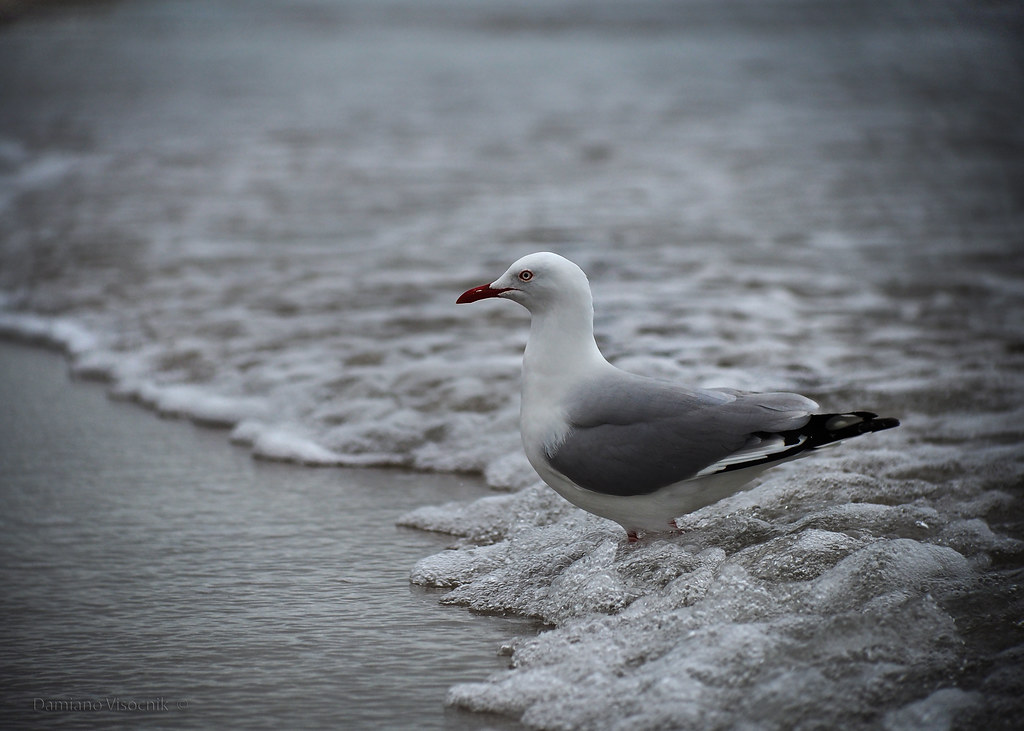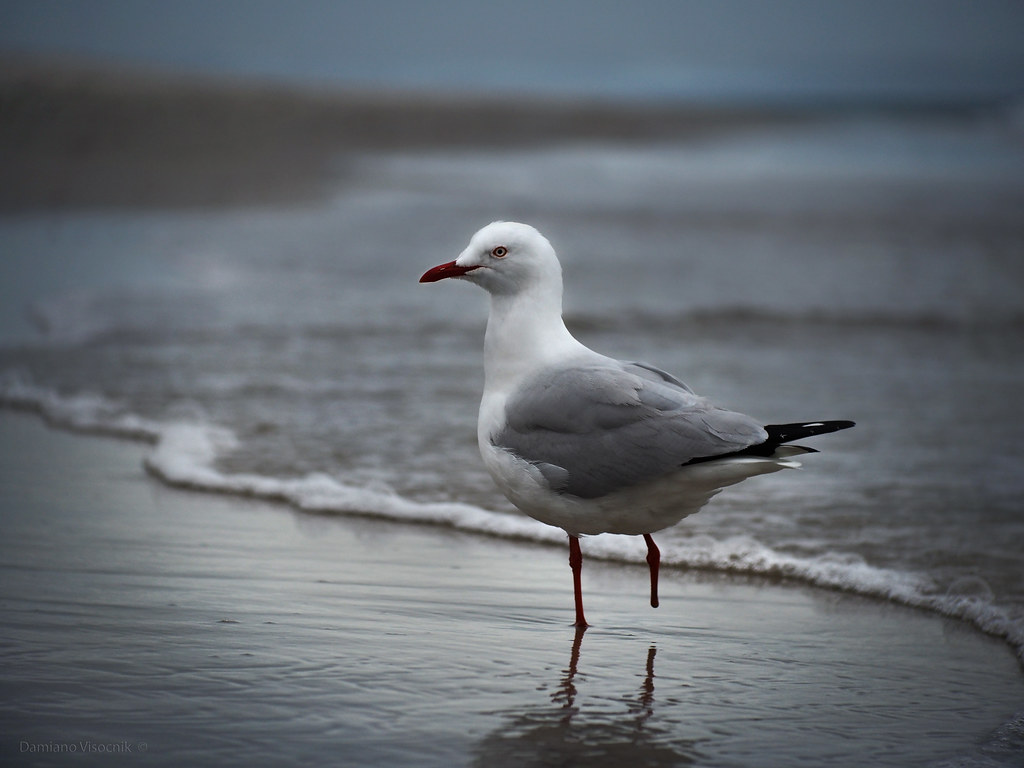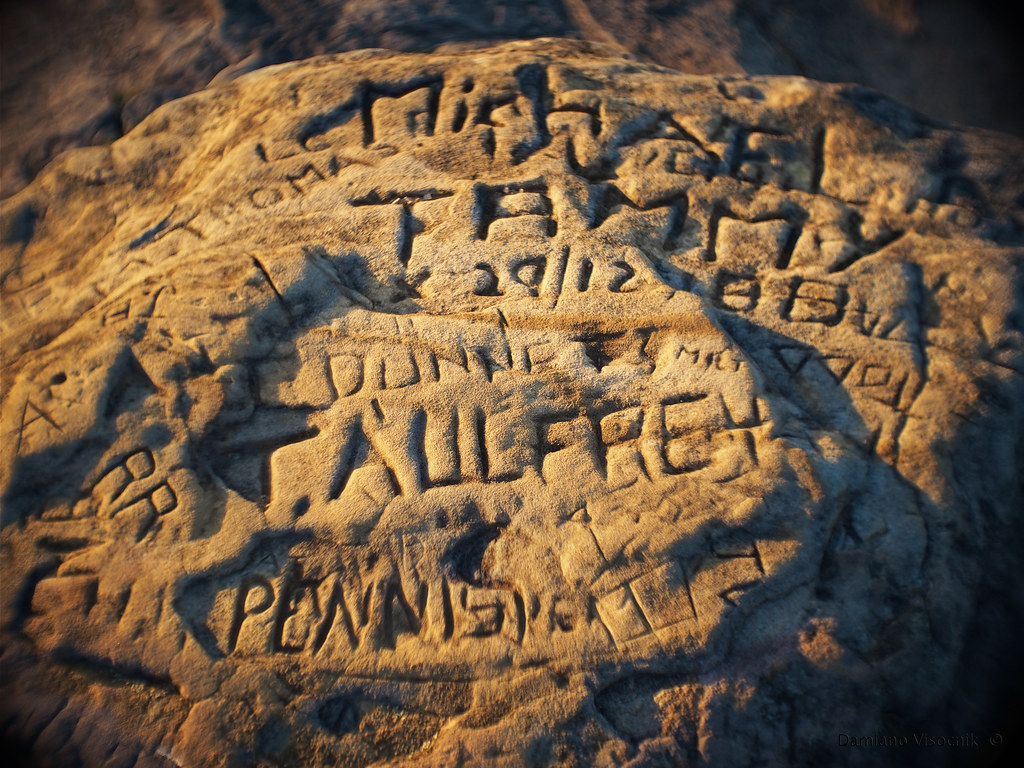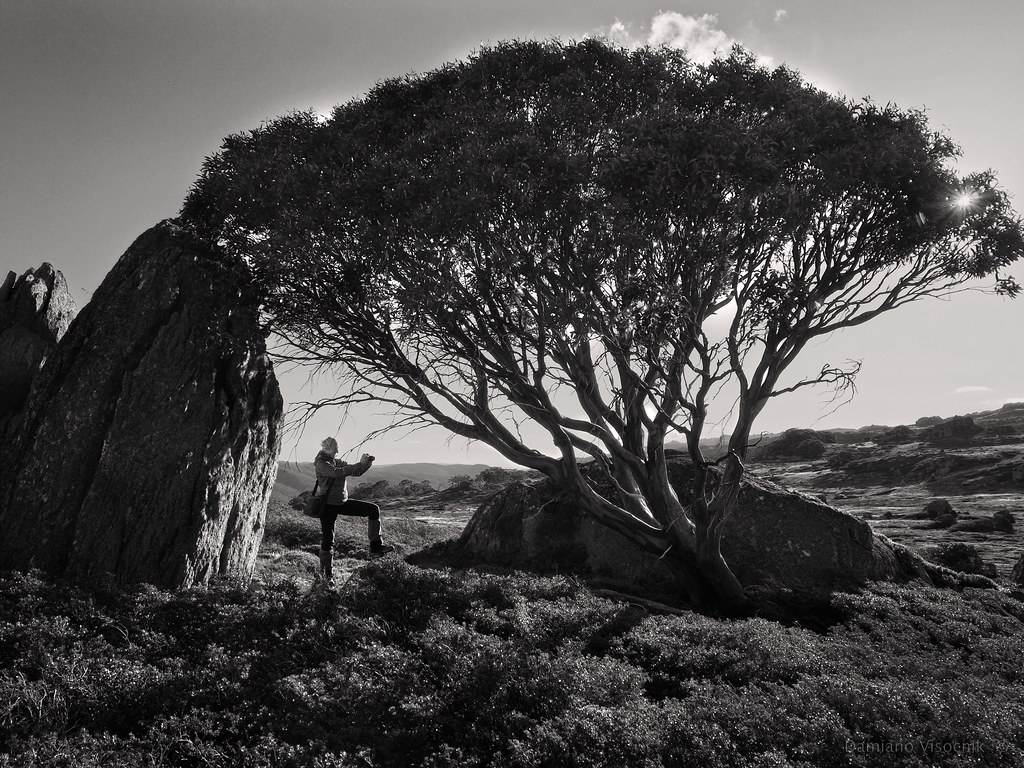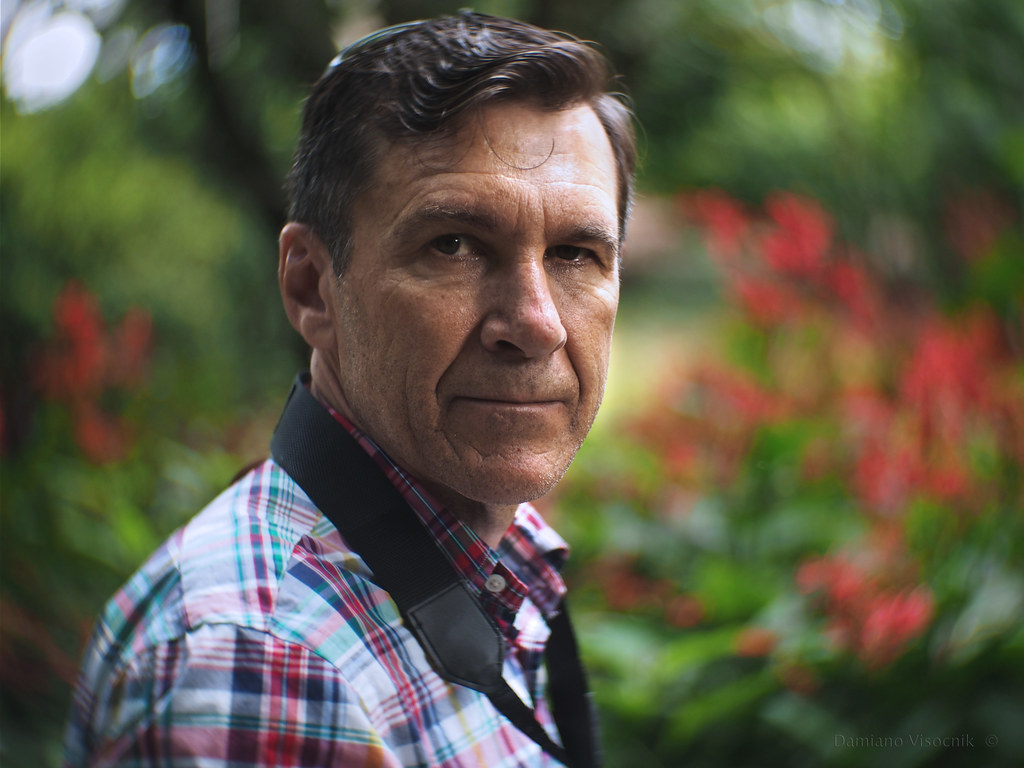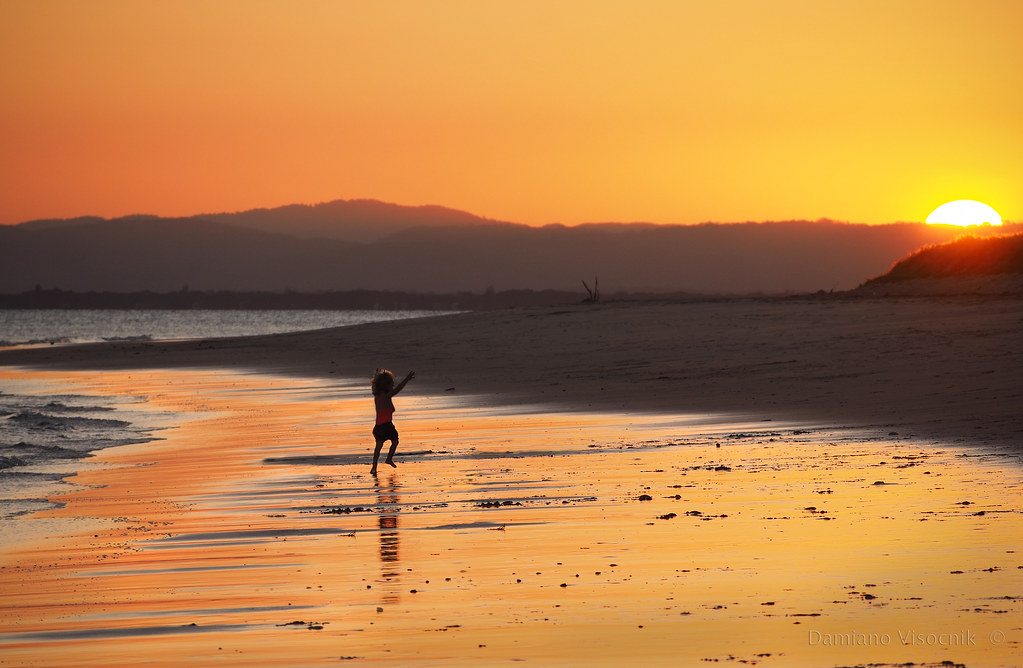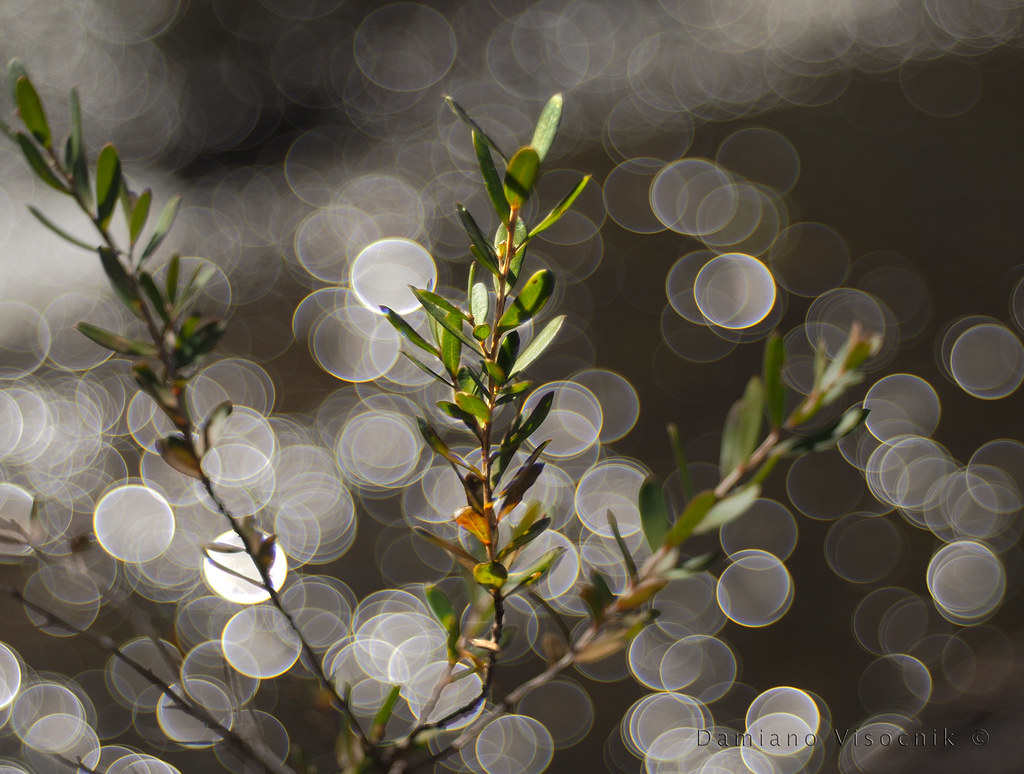When a lens that was meant to "show" images suddenly "captures" them?
That is what actually happens when I use a projector lens mounted on a camera, the role is reverses.
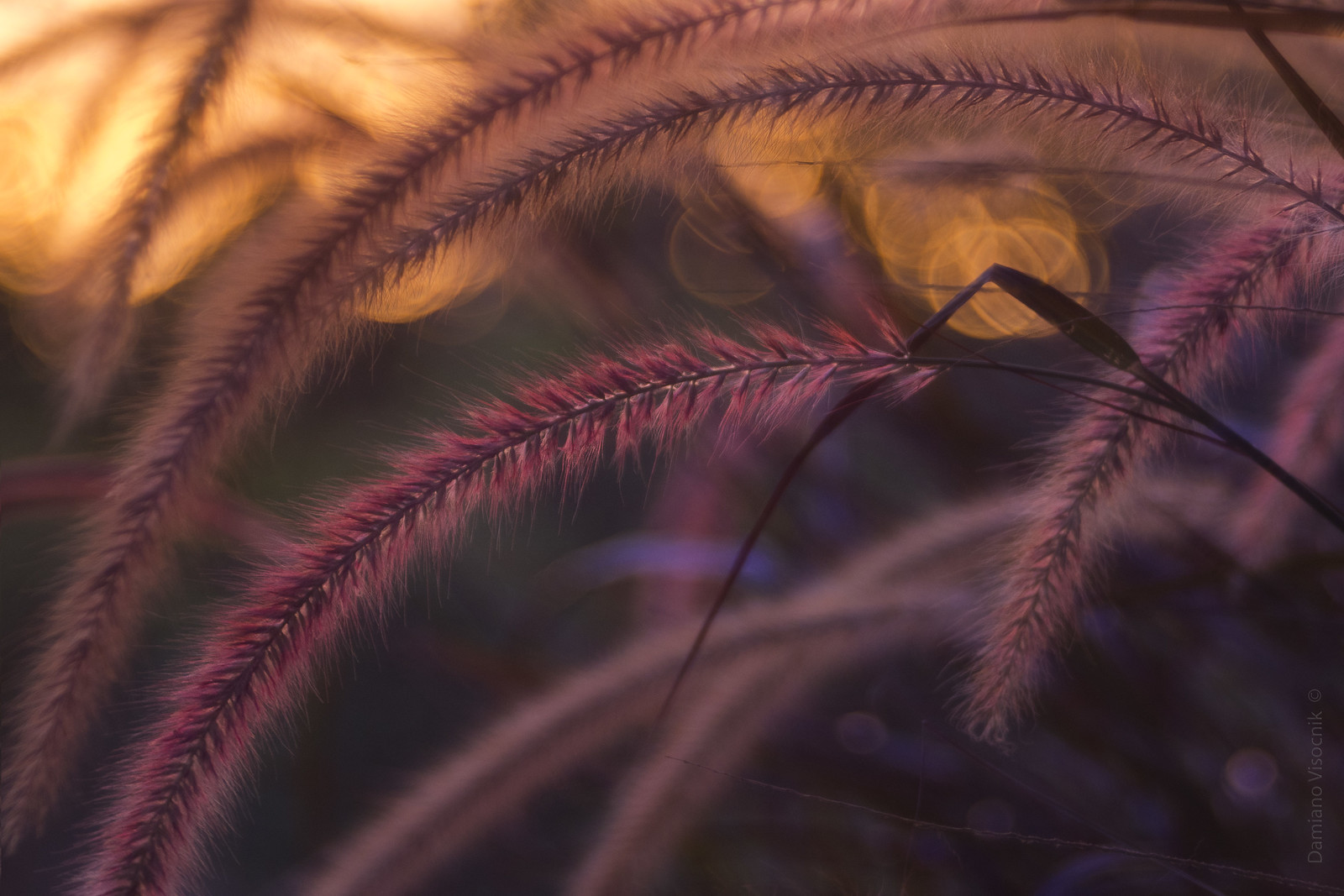
refitted projector lens Meyer-Optik Diaplan 100mm f2.8 1/30sec
Technically speaking a lens from a projector lens is designed and optimized to show images there were once created with a different lens.
A projection lens, apart from being often not corrected for optical "faults", lacks mechanisms that most camera lenses have: a focusing helicoid and an aperture control diaphragm. They are really just a tube with several lenses arranged to project an image on the wall or screen.
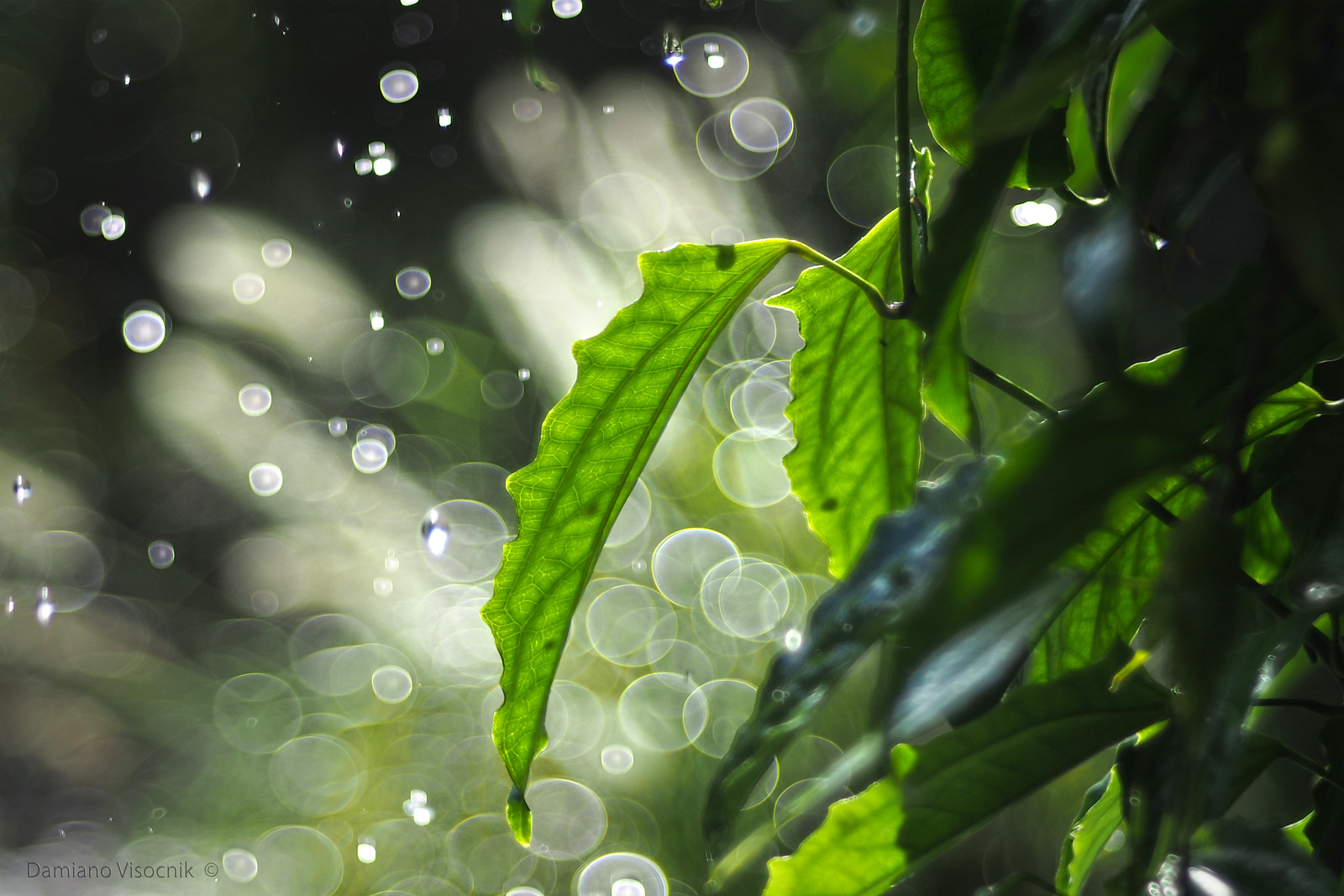
refitted slides projection lens Will-Wetzlar Maginon 85mm f2.8 1/2000sec
So why would I want to cripple myself trying to capture images with a tool that clearly is "inferior"?
There is no clear answer and most likely not one that most people accept: because images photographed with projection lenses for me are more capable to deliver the concept of fantasy rather than reality.
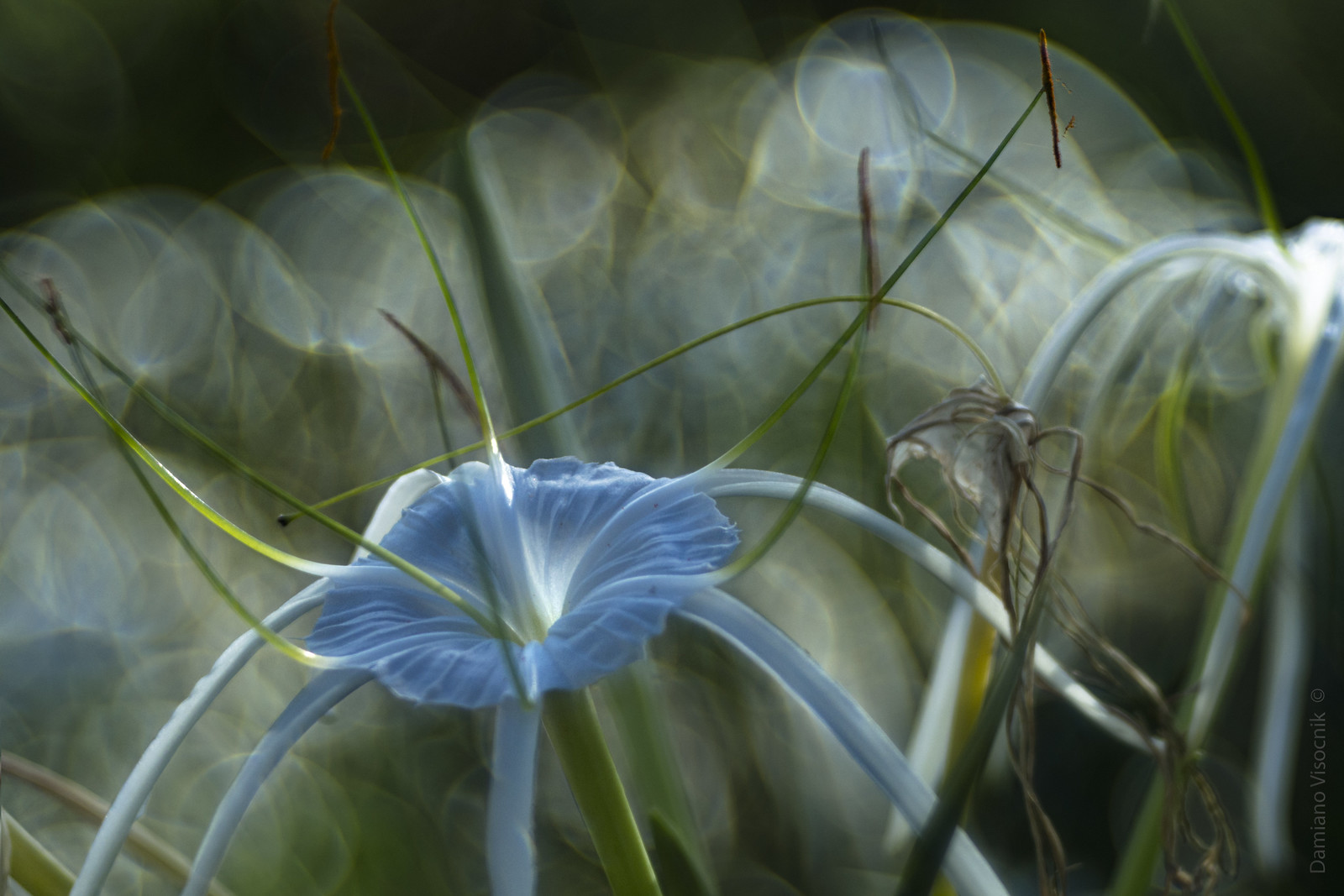
refitted projector lens Meyer-Optik Diaplan 100mm f2.8 1/2500sec
Since trying to faithfully represent real life in a 2 dimensional format is a futile exercise that is simply limited by conventional constraints (perceived accepted unspoken rules) I much more prefer to explore the emotions that an image can create. Projection lenses enable me to create an in-camera look that modern lenses designed for digital imagery often can not.
While I am not interested in manipulating excessively a concept in post production, by compositing and editing conventional photographs, I allow myself to exploit the design faults of old simple optics to convey a sense of supernatural in my images.
.

